-
Phone Number :
+91 886 028 4382 -
Contact Mail :
rituemail@yahoo.com -
Address :
A 3 / 303 Tulip Violet Sector 69 Gurugram 122101
Foods We Must Eat Everyday
Yogurt
Yogurt is rich in nutrients such as calcium, B vitamins, phosphorus, magnesium, potassium. A single serving of yogurt will give you a significant amount calcium for the day. In addition to calcium, most yogurts are a great source of probiotics. Probiotics help protect your stomach against harmful bacterias that could lead to infection or illness. Starting your day off with a cup of yogurt will work wonders for your overall health.

Oats
You can add oats in yogurt. They're high in fiber and protein compared to other grains. Oats contain some unique components — in particular, the soluble fiber beta-glucan and antioxidants. Benefits include lower blood sugar and cholesterol levels, protection against skin irritation and reduced constipation. Oats have been proven to lower cholesterol and blood pressure, making them a great choice for adults looking to reduce these levels.
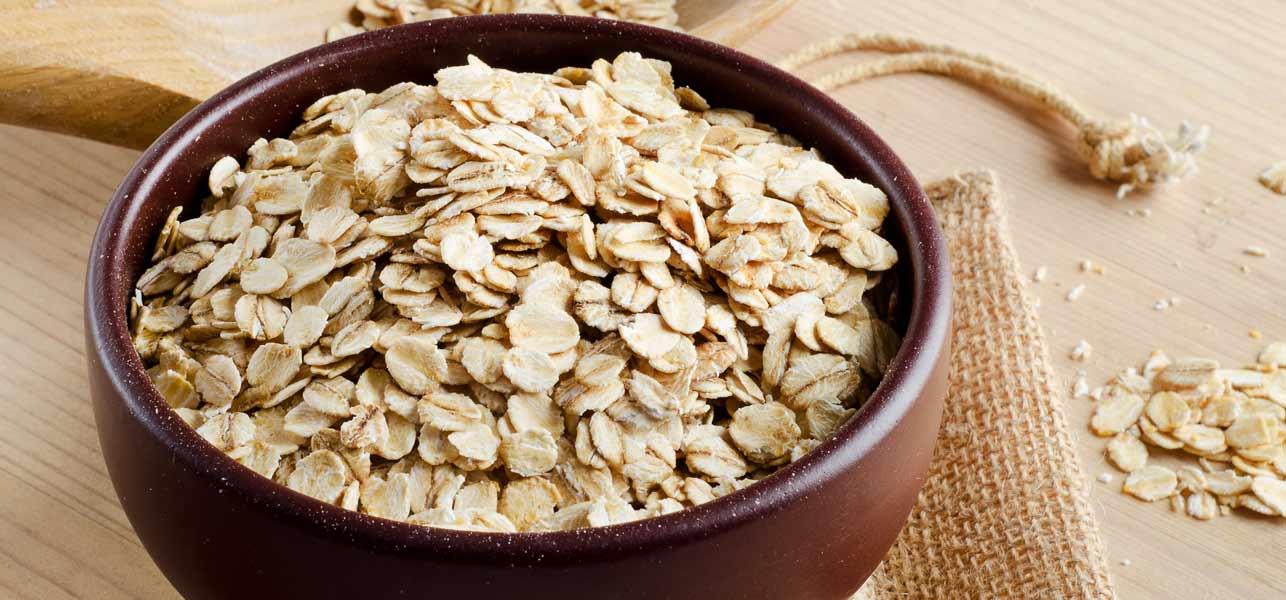
Flaxseeds
Flaxseeds add a big dose of fiber into your diet. They can be sprinkled over salads, fish or any type of meal or snack. To give you an idea of just how healthy flaxseeds are, a single tablespoon of ground flaxseed sprinkled over cereal, yogurt or salad provides an easy 2.3 grams of fiber.
According to numerous medical studies, in addition to fiber, flaxseeds (or linseeds) are a rich source of micronutrients–including essential fatty acid (alpha-linolenic acid), vitamin B1, manganese, and vitamin B1, meaning they are a rich source of heart-healthy omega 3 fats and antioxidants that can reduce the risk of several health conditions, like heart disease, cancer, and type II diabetes.
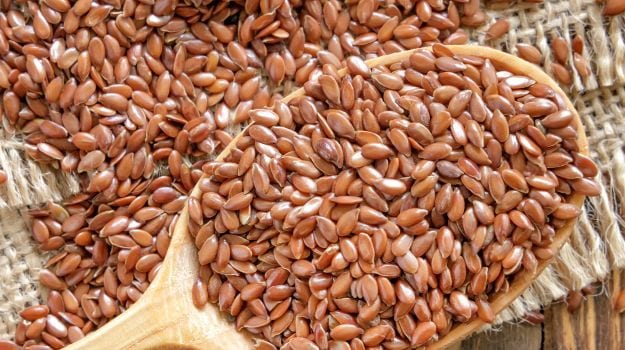
Beans
Beans are a good source of soluble fiber! The soluble fiber found in beans soaks up cholesterol, allowing your body to dispose of it before it sticks to your artery walls. They’re also proven to be one of the best sources of antioxidants. This food is low in Saturated Fat and Sodium, and very low in Cholesterol. It is also a good source of Vitamin B6, Pantothenic Acid, Iron, Magnesium, Phosphorus and Potassium, and a very good source of Protein, Vitamin C, Thiamin, Riboflavin, Niacin, Folate, Copper and Manganese.

Broccoli
Broccoli is rich in dietary fiber, minerals, vitamins, and anti-oxidants. Broccoli should be your number one choice when it comes to vegetables. The sulphur compounds found in broccoli which signal our genes to increase production of enzymes and detoxify potentially cancer-causing compounds. Broccoli can be eaten uncooked with a low-fat veggie dip or can be cooked and used a side dish.

Eggs
Eggs are rich in protein. They are also known to fill you up, preventing you from snacking on unhealthy mini-meals throughout the day. In addition to these benefits, eggs also help keep your eye health in check. Eating one (or two) eggs in the morning with fresh fruit or whole grain toast is a great way to give your body the nutrients it needs to keep you fuelled throughout the day.
In fact, eggs are one food that’s really a source of almost every vitamin and nutrient. One single egg is a source of vitamin D, vitamin A, vitamin K, folate, calcium, zinc, vitamins B12, B2, and B6, selenium, phosphorus, protein, essential fatty acids, and even trace nutrients.
Spinach
Spinach is a great source of vitamins A, C and K, as well as some fiber, iron, calcium, potassium, magnesium and vitamin E. You can eat it raw in salads or cook it up and serve it alongside a chicken breast. If you don’t like the taste of spinach, throw a handful into a homemade smoothie.
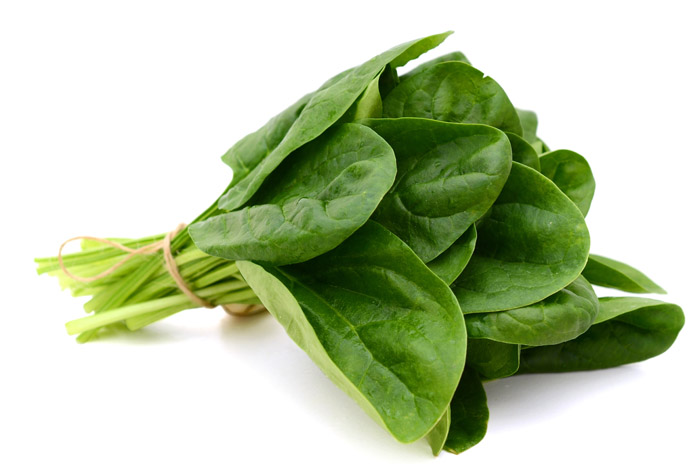
Mixed Nuts
Mixed nuts are a good source of unsaturated fats, fibre, magnesium and zinc. they are low in sodium. Adults who consumed nuts on a regular basis were likely to live 2 years longer than their non-nut-eating counterparts. Walnuts and almonds are your best options when it comes to choosing which nuts to eat. Snacking on these tasty products will benefit your health in countless ways.
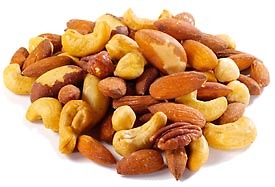
Oranges
Oranges are very healthy. Eating one large, fresh orange will give you 100 percent of your daily recommended Vitamin C. . This tasty fruit is also high in fiber and folate, making it one of the best fruits to incorporate into your daily diet, in either juiced or whole form. Oranges are a good source of several vitamins and minerals, especially vitamin C, thiamin, folate and potassium.
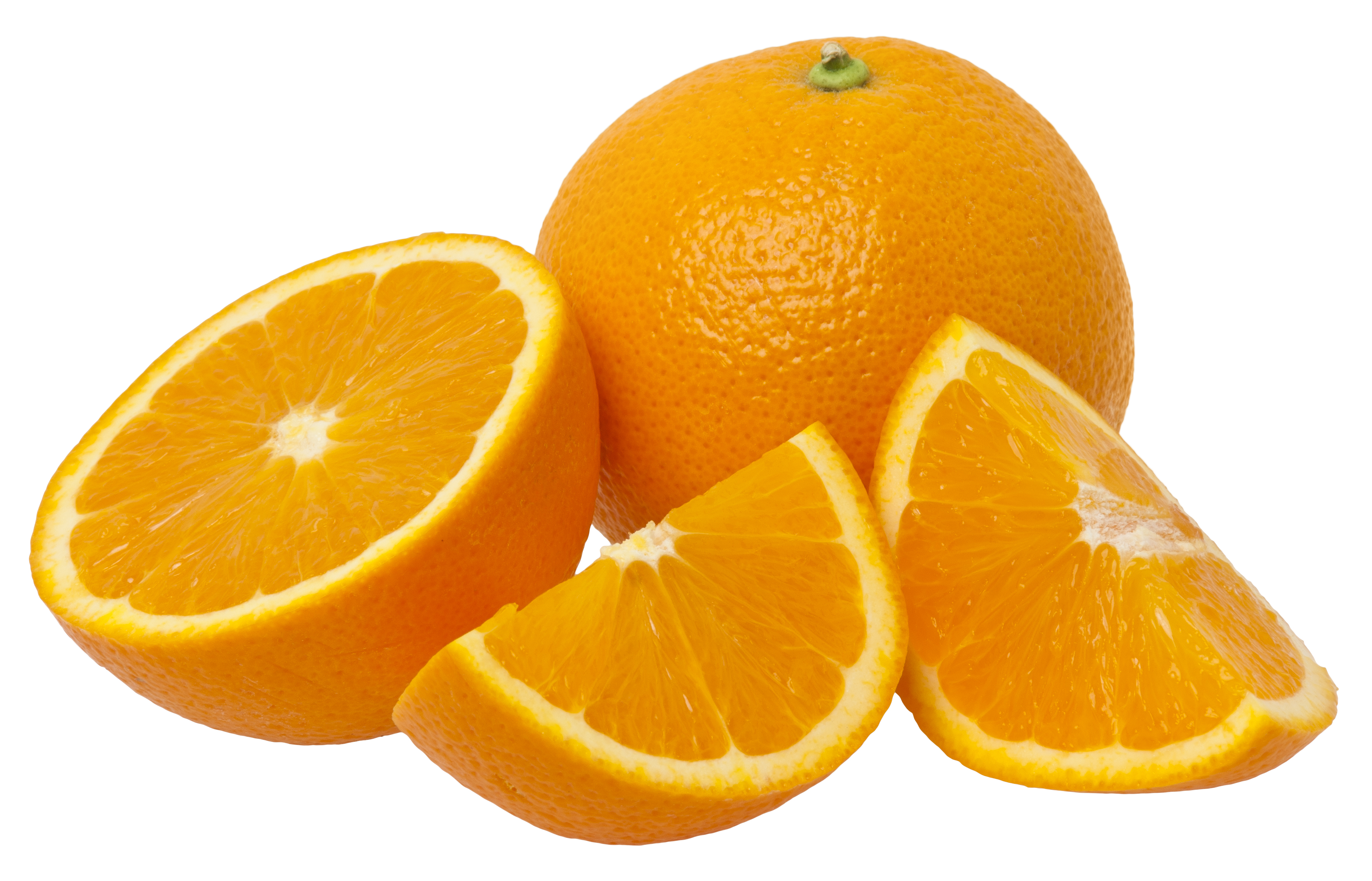
Blueberries
Blueberries are a good source of antioxidants. Consider sprinkling them over greek yogurt or using them in a fruit salad. According to research f, eating blues regularly can prevent urinary tract infections (they actually prevent bacteria from attaching to bladder walls and multiplying), and they work to soften dry skin due to their super high antioxidant compounds within. Blueberries are a good source of vitamin K1, vitamin C and manganese. They also contain vitamin E, vitamin B6 and copper, to a lesser extent.



